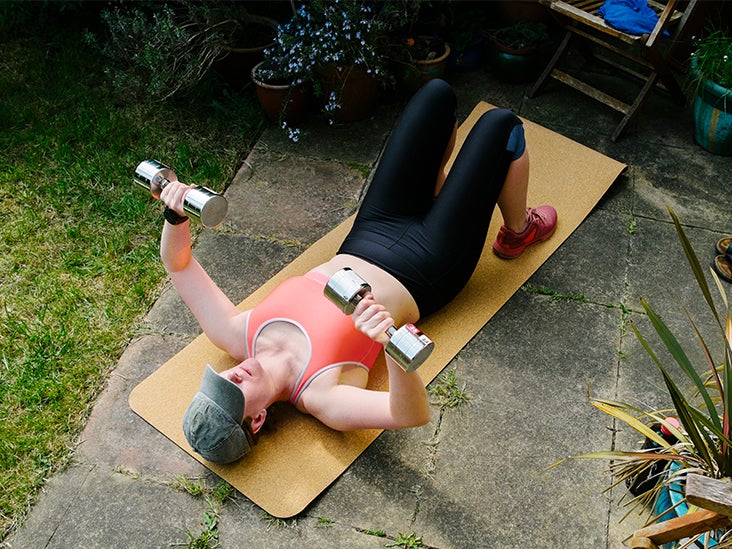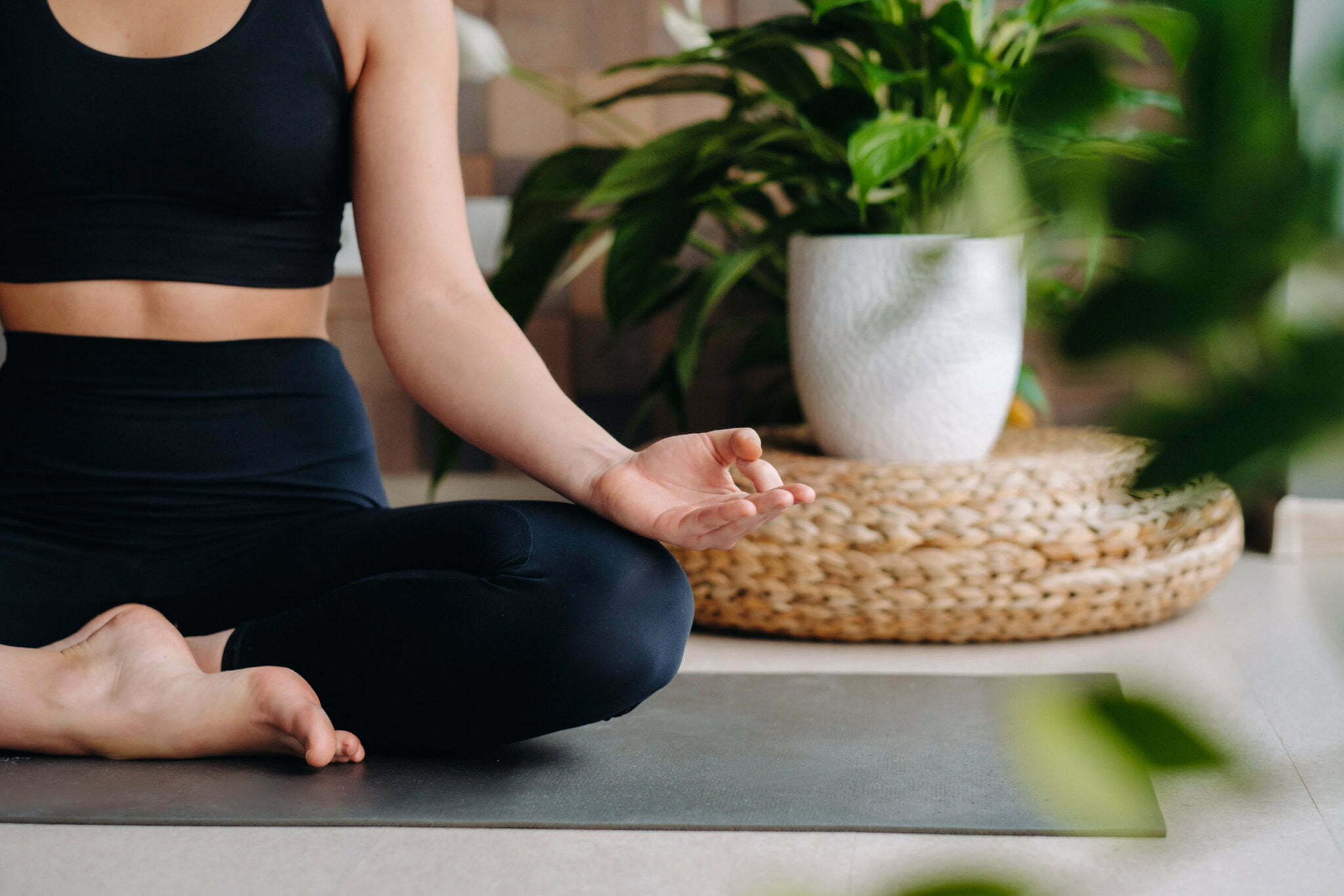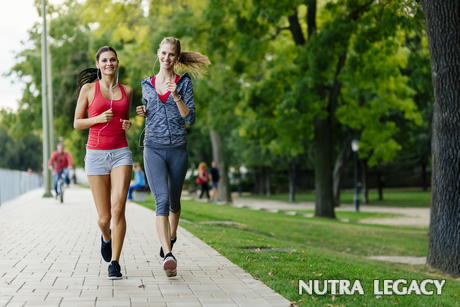
You’re never too young- or too old - to take care of your heart.

Moderate intensity exercises: You should be able to talk or hold a steady conversation while exercising To determine the intensity of your workout, use the Talk Test: Or vigorous intensity aerobic activity for a minimum of 20 minutes on three days per week. Should participate in moderate intensity aerobic physical activity for a minimum of 30 minutes on five days per week, How frequently you need to do cardio exercisesĪmerican College of Sports Medicine (ACSM) recommends all healthy adults aged 18 to 65 years The key is to do what you love and to do it regularly! You can do a mix of moderate and vigorous-intensity exercises during the week to keep your workouts interesting. Playing sports like badminton, basketball and soccer When you’re ready for a more strenuous workout, you can try: If you have never or hardly exercise, some easy activities to start with are: If you have diabetes, they also help to control blood sugar levels. They help improve circulation and lower blood pressure.

When doing aerobic exercises, your heart rate will increase and it makes you perspire. Aerobic exercisesĪerobic exercises, also known as cardio, improve your stamina. Stretching exercises are recommended during cool down as it can help reduce the lactic acid build-up in the muscles, which can decrease episodes of muscles cramping and stiffness. A good cool down routine after an exercise will reduce such episodes and allow for your vitals and body condition to gradually return to normal.

If you stop too quickly, this might cause you to feel faint or unwell. After a workout, your heart rate increases, your body temperature is raised and your blood vessels are dilated. This will also help to reduce the risk of abnormal heartbeats during exercise.Ĭooling down after exercising is as important as well. Warm up helps to raise your heart rate slowly, which reduces the stress on the heart. It also increases the temperature of your muscles to ensure the ideal flexibility of muscles, which in turn makes them more efficient during exercise. Warm up should be done before you exercise to allow your blood vessels to dilate, to ensure that the muscles in your body has sufficient oxygen.

Warming up and cooling down are also important components of exercise, which are frequently neglected. National Heart Centre Singapore (NHCS), a member of the “For heart health, aerobic exercise and resistance training are important,” shares Physiotherapist Wan Hui Ling from Cardiac Physiotherapy Services at the Just taking a 30-minute brisk walk daily can make a difference. Your heart is the most important muscle in your body so shouldn’t you make time to exercise it? Even if you hardly exercise, it’s never too late to start doing it regularly.
#DAILY CARDIO WORKOUT TO LOWER HEART DISEASE PROFESSIONAL#
If you have any medical condition, please consult your doctor or healthcare professional for medical advice prior to starting an exercise. Disclaimer : This article is meant for healthy individuals.


 0 kommentar(er)
0 kommentar(er)
